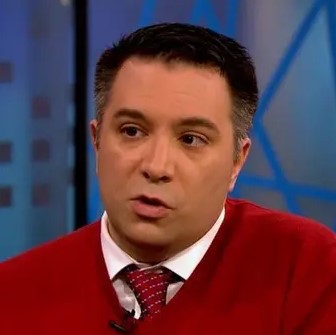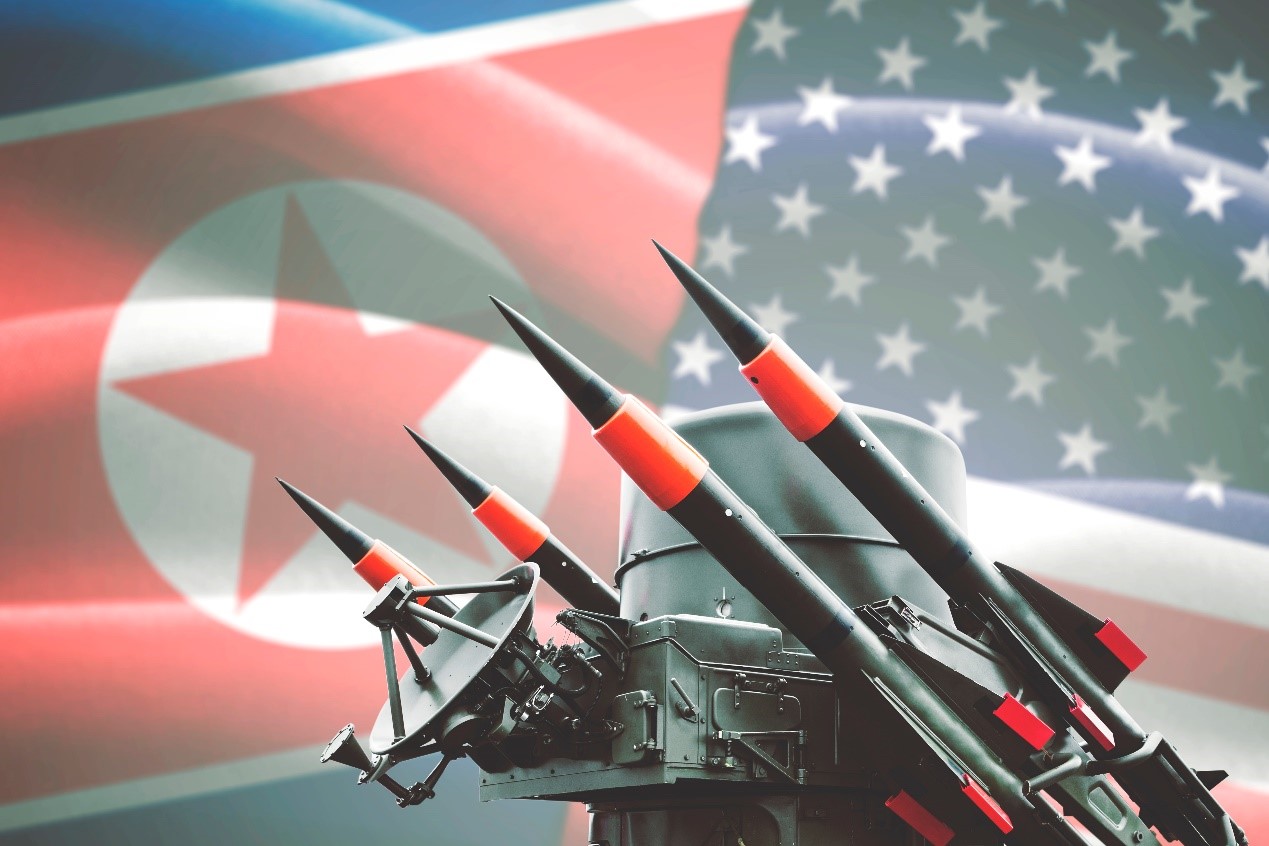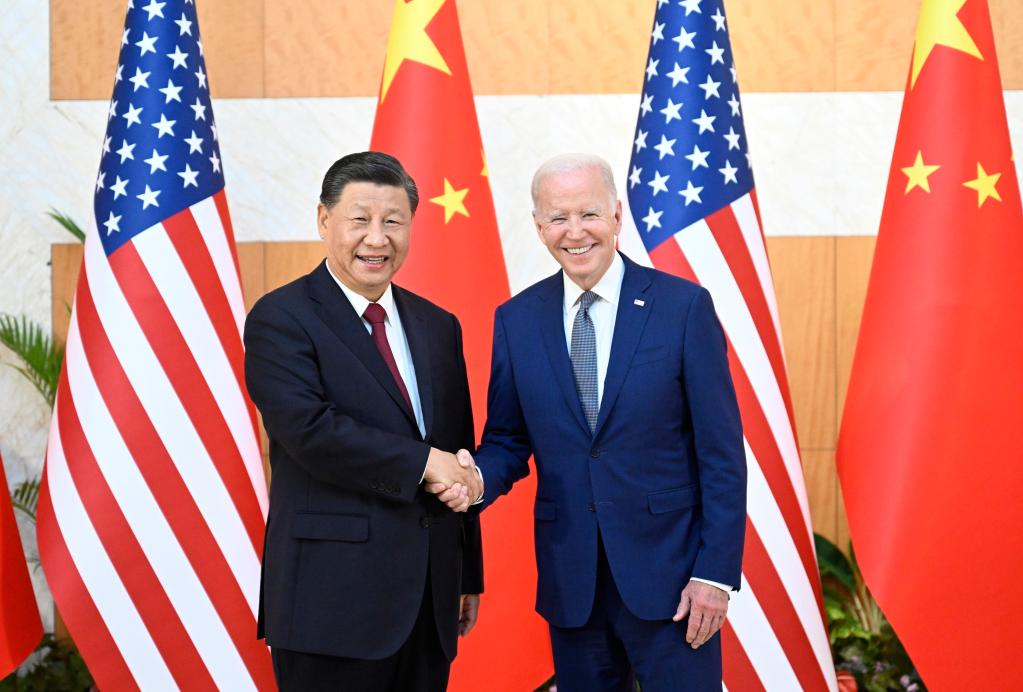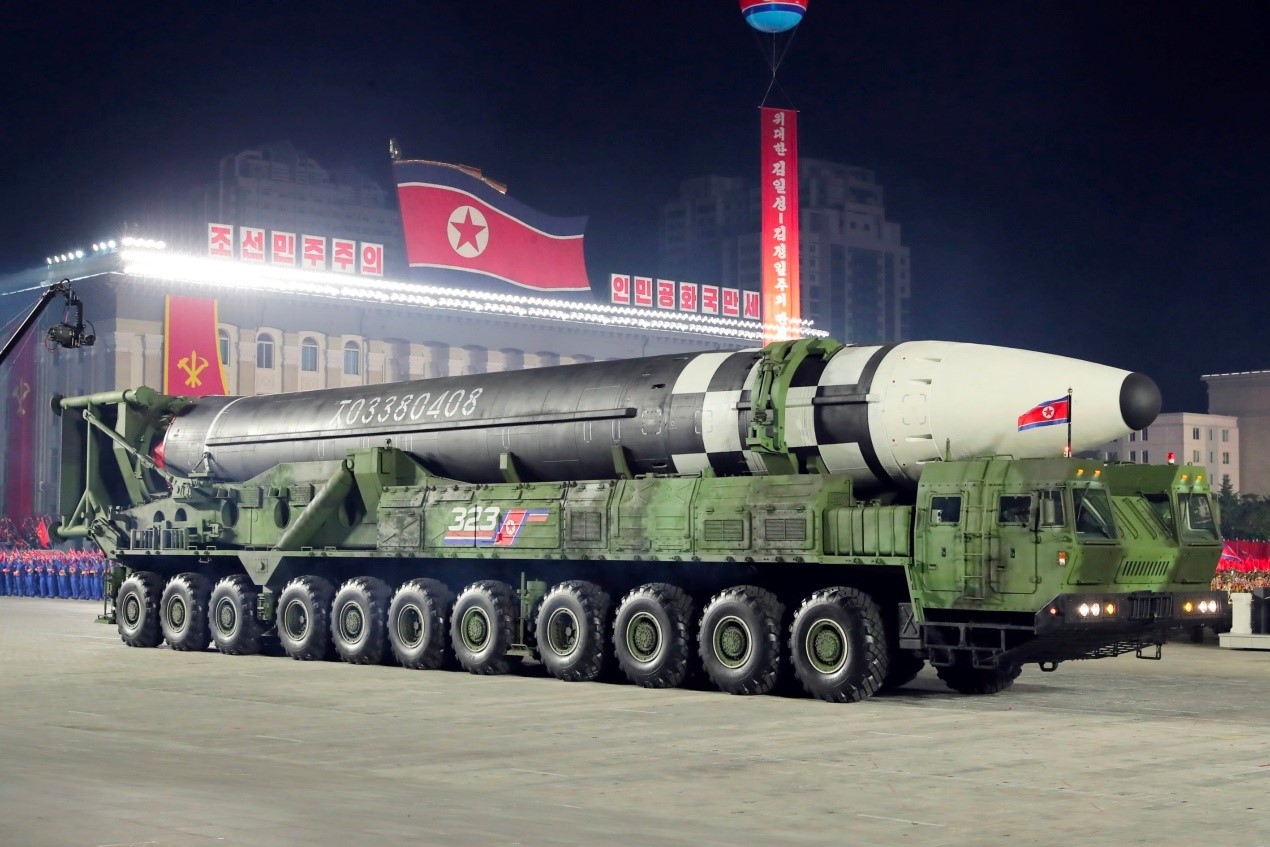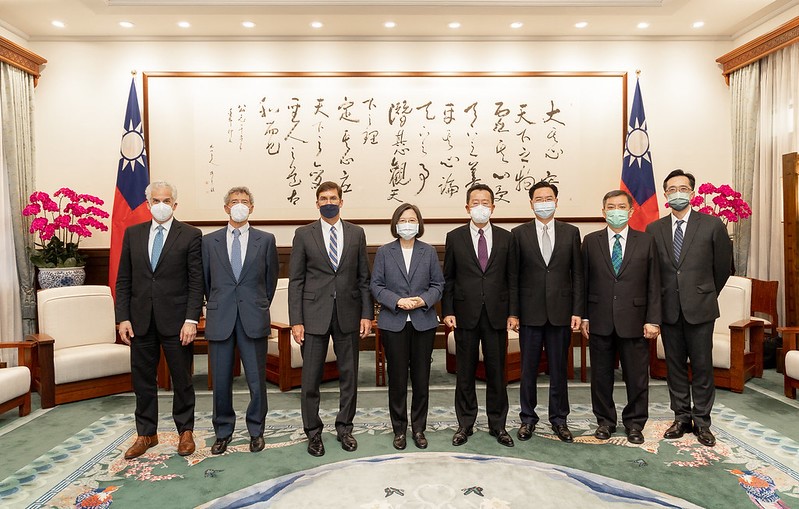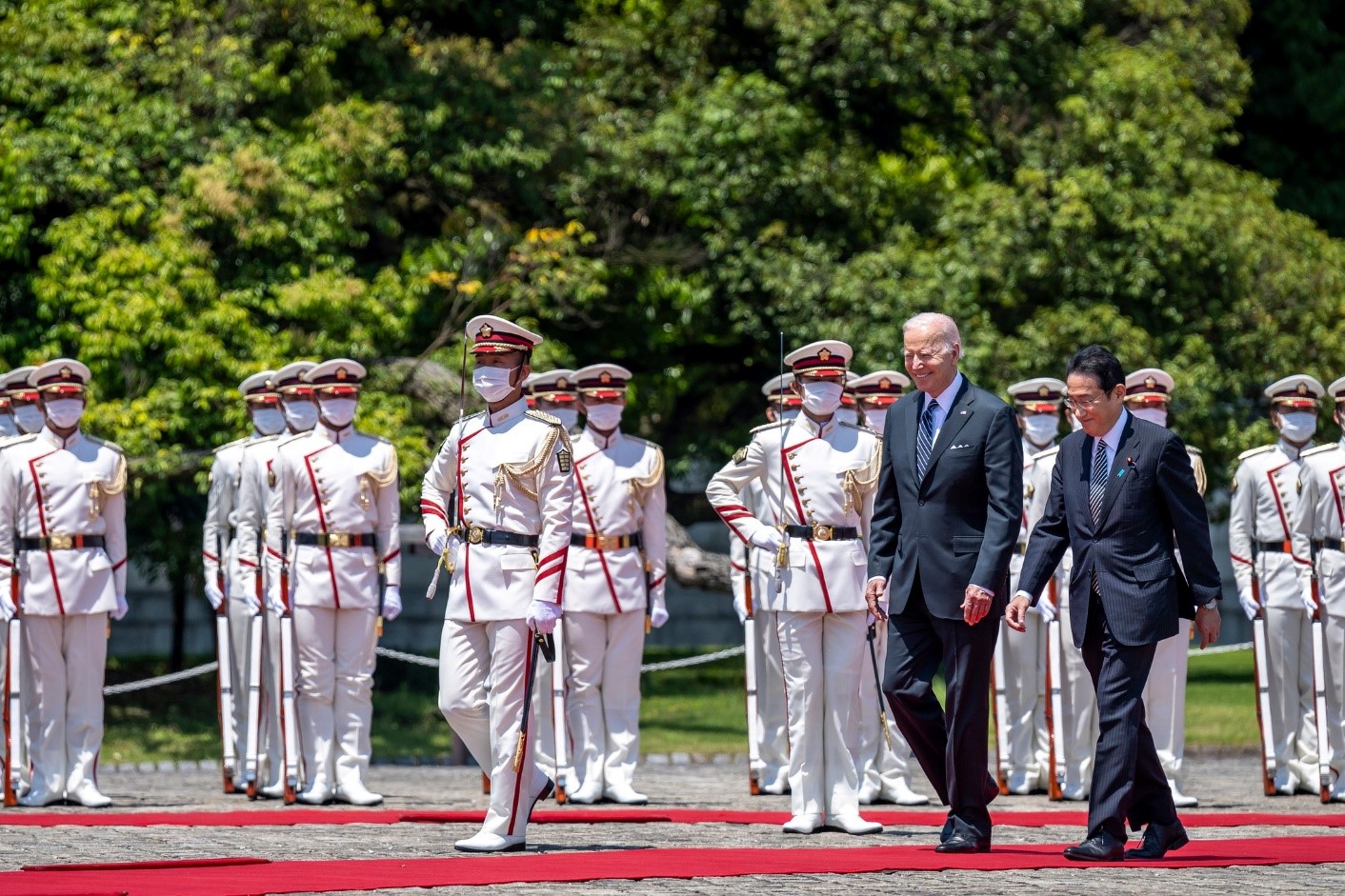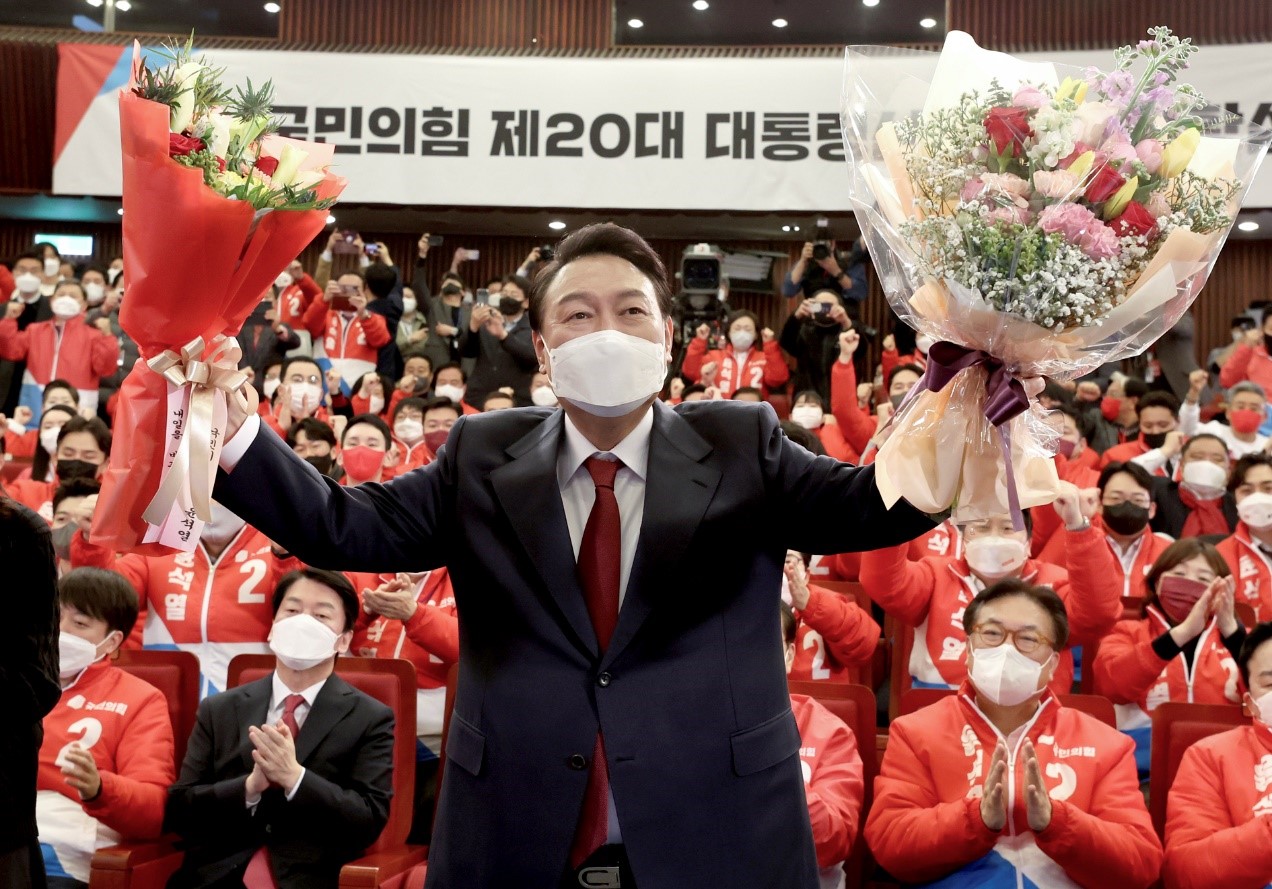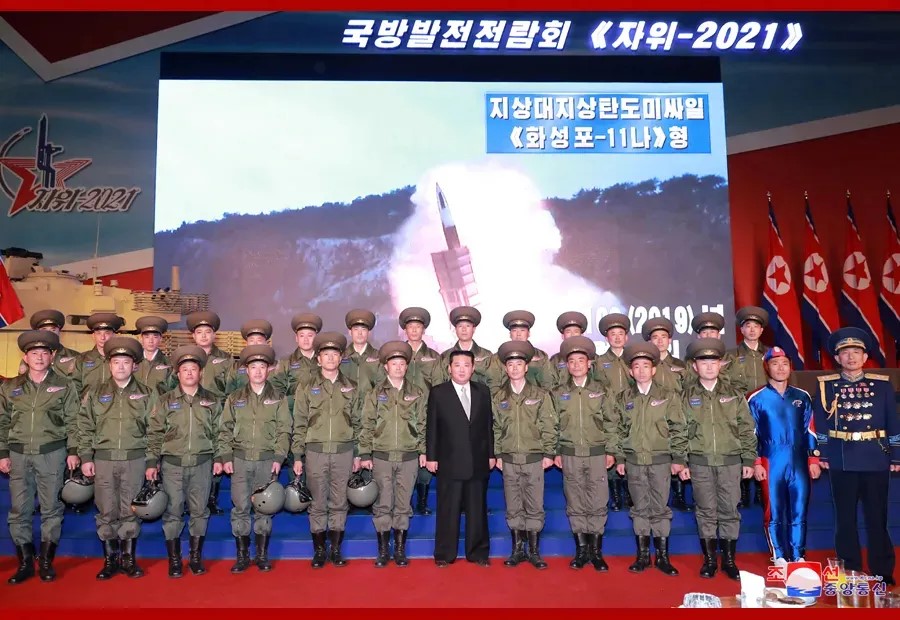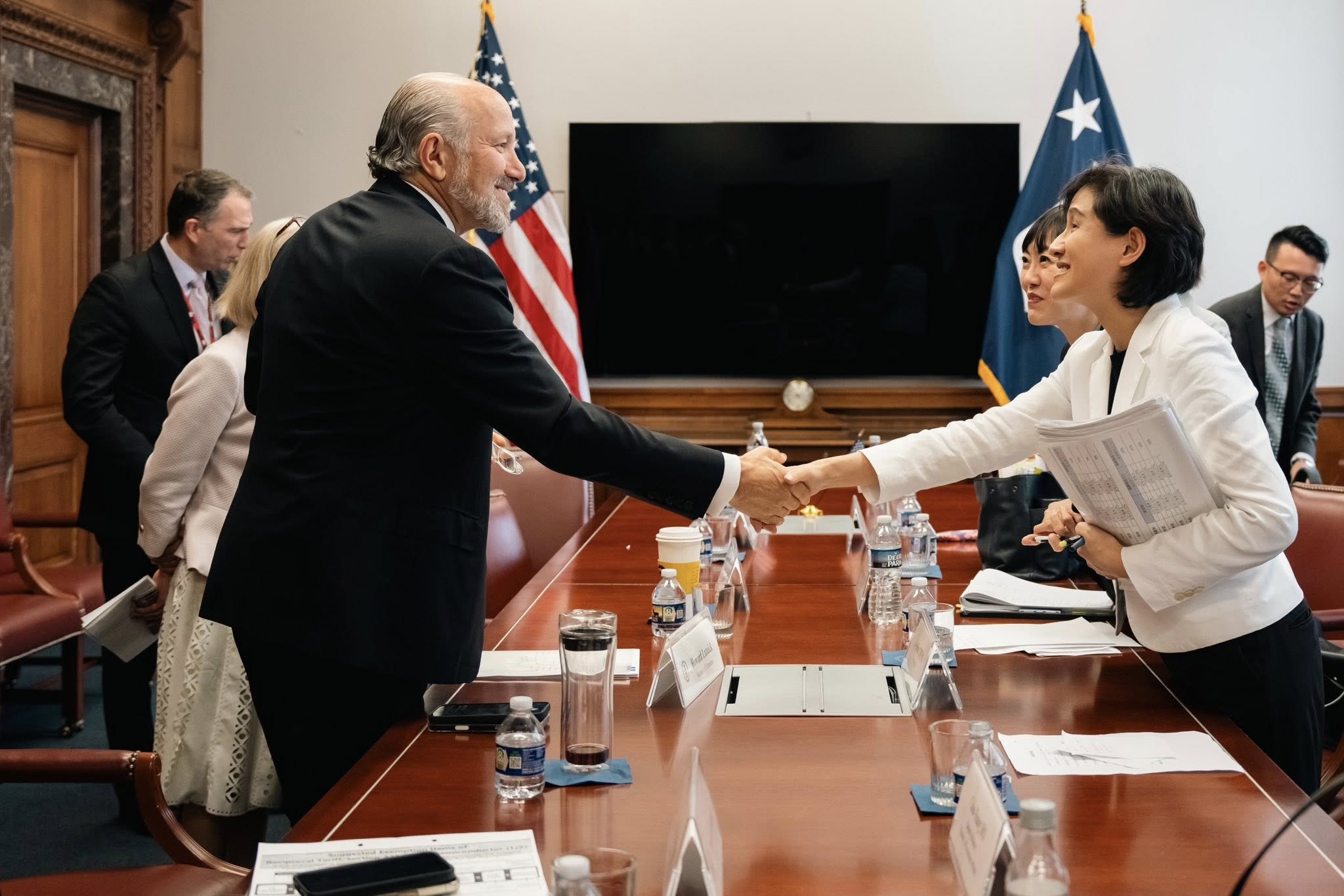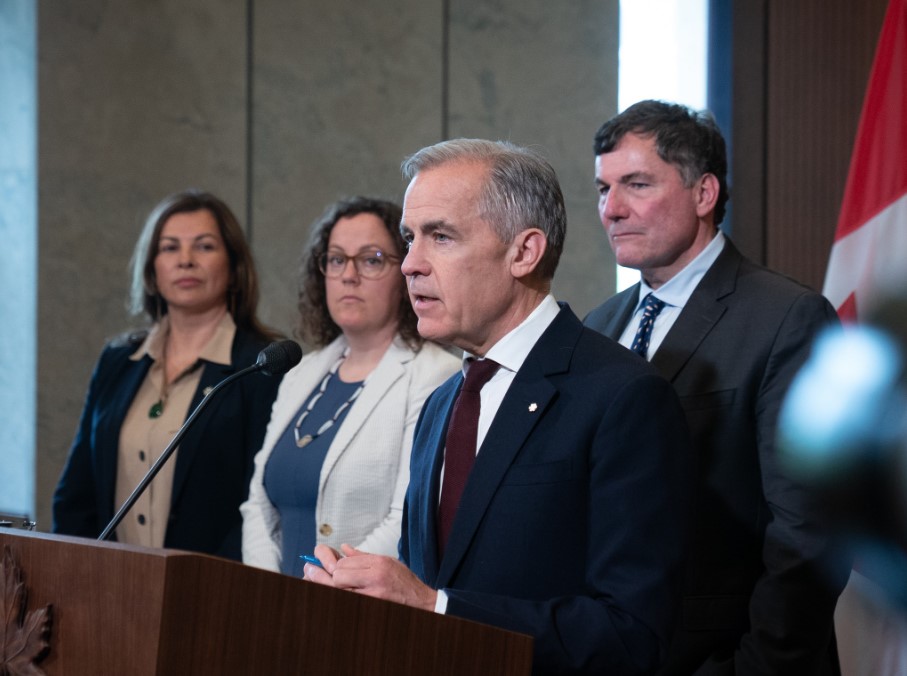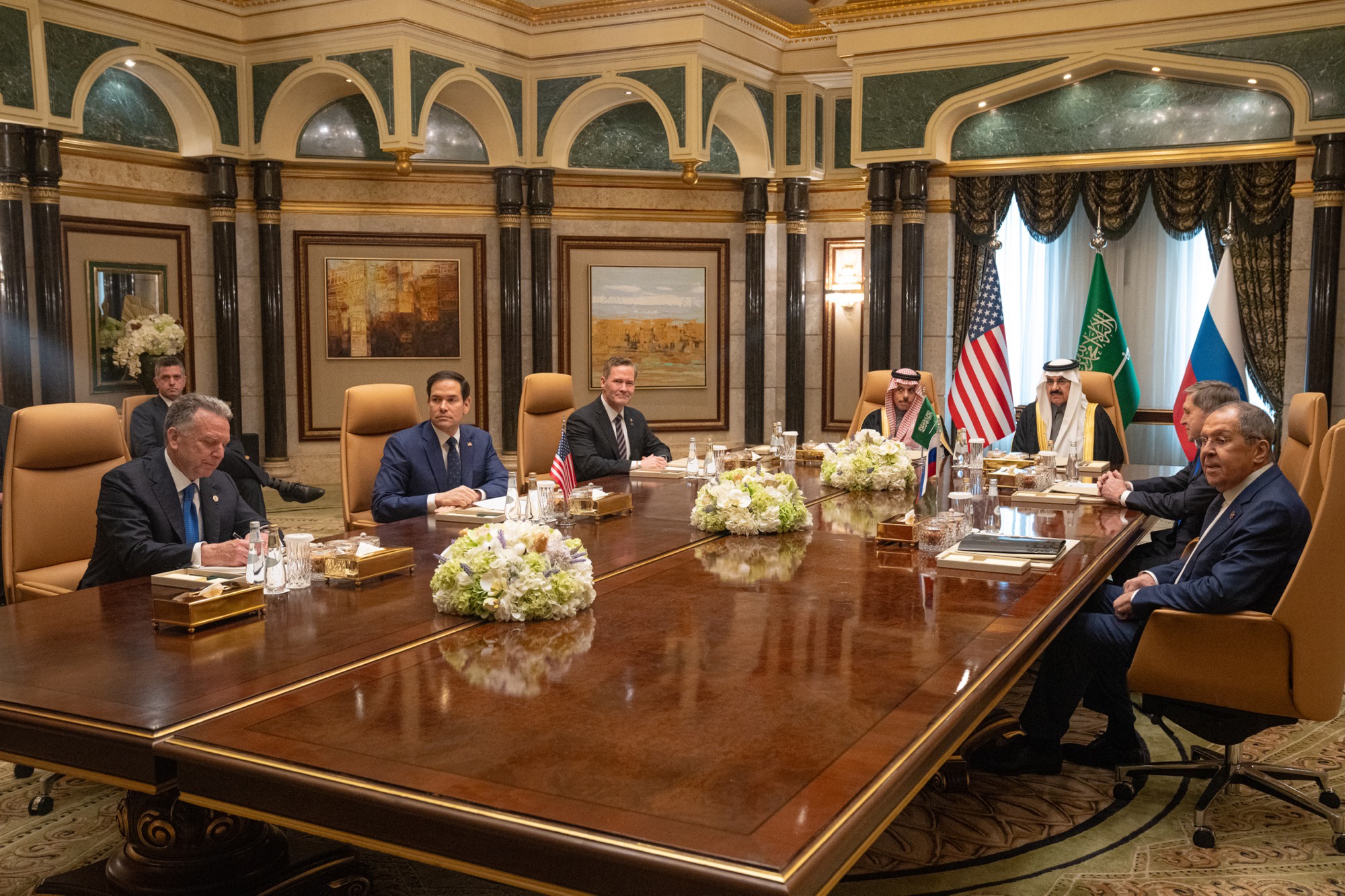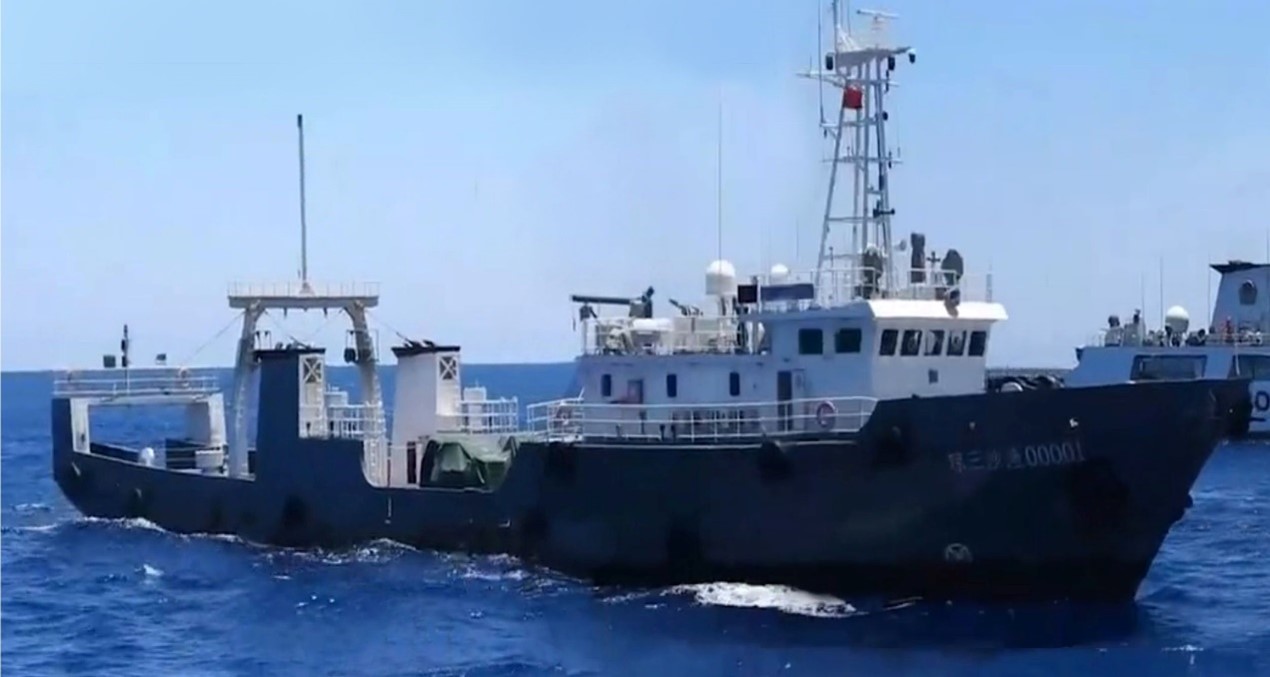Pyongyang and its growing nuclear and missile capabilities have become what amounts to a forgotten national security problem: too complex and offering too little payoff for the administration to tackle. This only guarantees that North Korea’s raw nuclear potential will continue to grow more dangerous by the day. Picture source: Depositphotos.
North Korea is the U.S.’ Forgotten National Security Problem
Prospects & Perspectives No. 43
By Harry J. Kazianis
For the moment, the Biden administration is focused on all things China and Taiwan — and rightly so. But moving past the crisis of the day, U.S. priorities in and outside of its borders are straightforward and unchanging for the time being: an economy hammered by inflation and recessions worries, high gasoline prices, midterm elections, and the war in Ukraine. While China and Asia at large transcend those concerns at the moment, the pecking order of priorities will return to normal once Taiwan leaves the headlines — unless, of course, war breaks out.
North Korea, you will notice, was not mentioned. And yet, this was topic that, just a few years ago, dominated the headlines and the last administration's national security agenda, going from talk of “fire and fury” to historic summits.
Even though President Biden called North Korea his top national security priority during a press conference in February last year, his actions show otherwise. The reason for this is that Washington today sees North Korea as a problem that has few politically viable solutions. In fact, many experts and policymakers are seemingly resigned to the fact that North Korea is a nuclear power that can only be contained with rollback now impossible — something that is politically impossible to admit in public.
Why Team Biden Looks Away from North Korea
Sadly, Pyongyang and its growing nuclear and missile capabilities have become what amounts to a forgotten national security problem: too complex and offering too little payoff for the administration to tackle. This only guarantees that North Korea’s raw nuclear potential will continue to grow more dangerous by the day.
The reasons for the Biden team’s lack of interest — amounting to only a willingness to talk to North Korea “anywhere, anytime, any place” but only about the terms of how North Korea will give up its nuclear arsenal, a non-starter for Pyongyang — are complex. First, the Biden Administration sees very little chance that North Korea will completely give up its nuclear weapons, meaning that only arms control is possible. Arms control would mean a considerable downgrading and possible capping of Pyongyang’s nuclear program (which is something that indeed would be celebrated). Still, it would leave Biden politically open to attack from hawkish Democrats and Republicans alike, who would accuse him of green-lighting a nuclear North Korea and undoing decades of work on nuclear nonproliferation. While North Korea’s nuclear weapons status is a failure of multiple U.S. administrations — that means plenty of failures to go around for Democrats and Republicans — a president who admits this reality would be taking on decades of built-up political damage. And that makes compromise and leaving North Korea’s nuclear program intact in any way impossible.
To put it bluntly, even though North Korea would have fewer nuclear weapons following a successful compromise deal, it might be willing to cap its missile and atomic programs and agree not to sell such technology, anything but total scrapping of all of North Korea’s weapons of mass destruction and missile programs would be used against Biden.
Policy Meets Political Reality
The Biden administration seems to have figured this out all quite early, with policy reflecting the disinterested nature of all things North Korea. The Biden team promised a roughly three-month policy review upon taking office. However, to date, there is no foundational policy document on North Korea, nor was there ever a policy rollout, and Washington only has a part-time North Korea special envoy. In fact, the only policy guidance of a semi-formal nature that was ever given was on the back of Air Force One by then-Press Secretary Jen Psaki in early 2021, who promised the administration would be “pragmatic” when it came to North Korea and that the Biden team had its eyes wide open on the issue. Days later, leaks of this new pragmatic policy — focused on negotiations but no guidance on what concessions Washington would offer and what it would expect — was leaked to the Washington Post.
As one would imagine, such a lack of focus or direction did not elicit a promising response from North Korea, with the regime refusing to enter into open-ended talks without any idea of what they would be about or what expectations for either party would look like.
A Nuclear North Korea with a Growing Arsenal
Putting the politics of the issue aside, the Biden administration should be concerned about a Kim Jong Un regime that seems to be hellbent on building a viable nuclear deterrent that can attack the U.S. with a fully matured strike complex, as shown by its most recent ICBM test this year.
Pyongyang is also working to deter a future buildup of U.S. forces in the event of armed conflict with newly created tactical nuclear weapons — a weapon of mass destruction that seemed poised to be tested in the near future.
Sadly, it seems U.S. policy toward North Korea under the Biden administration will follow what ultimately has been nearly the same policy of every U.S. president for the past three decades. Washington will call for North Korea to give up its nuclear weapons at the negotiating table, while North Korea will call upon Washington to give up its hostile policy of sanctions and arming South Korea with the latest weapons. That can only mean the Kim regime builds ever more advanced nuclear weapons for the foreseeable future — with no end insight.
(Harry J. Kazianis is President of the Rogue States Project.)

